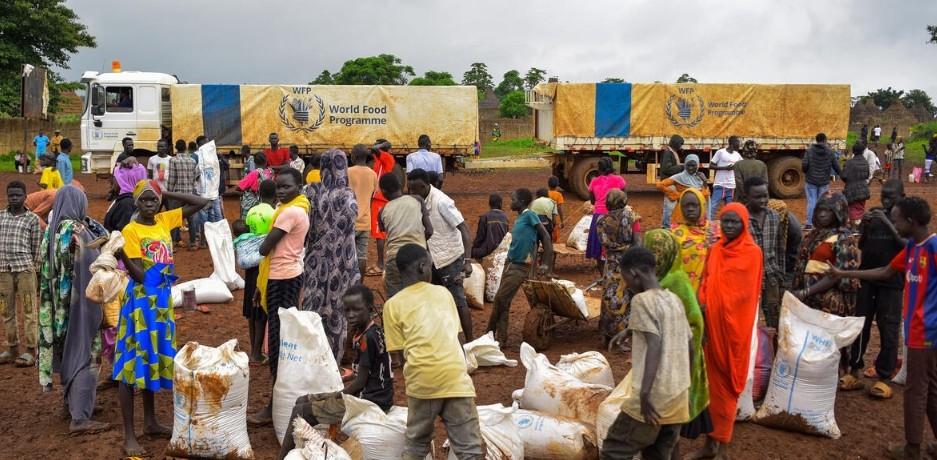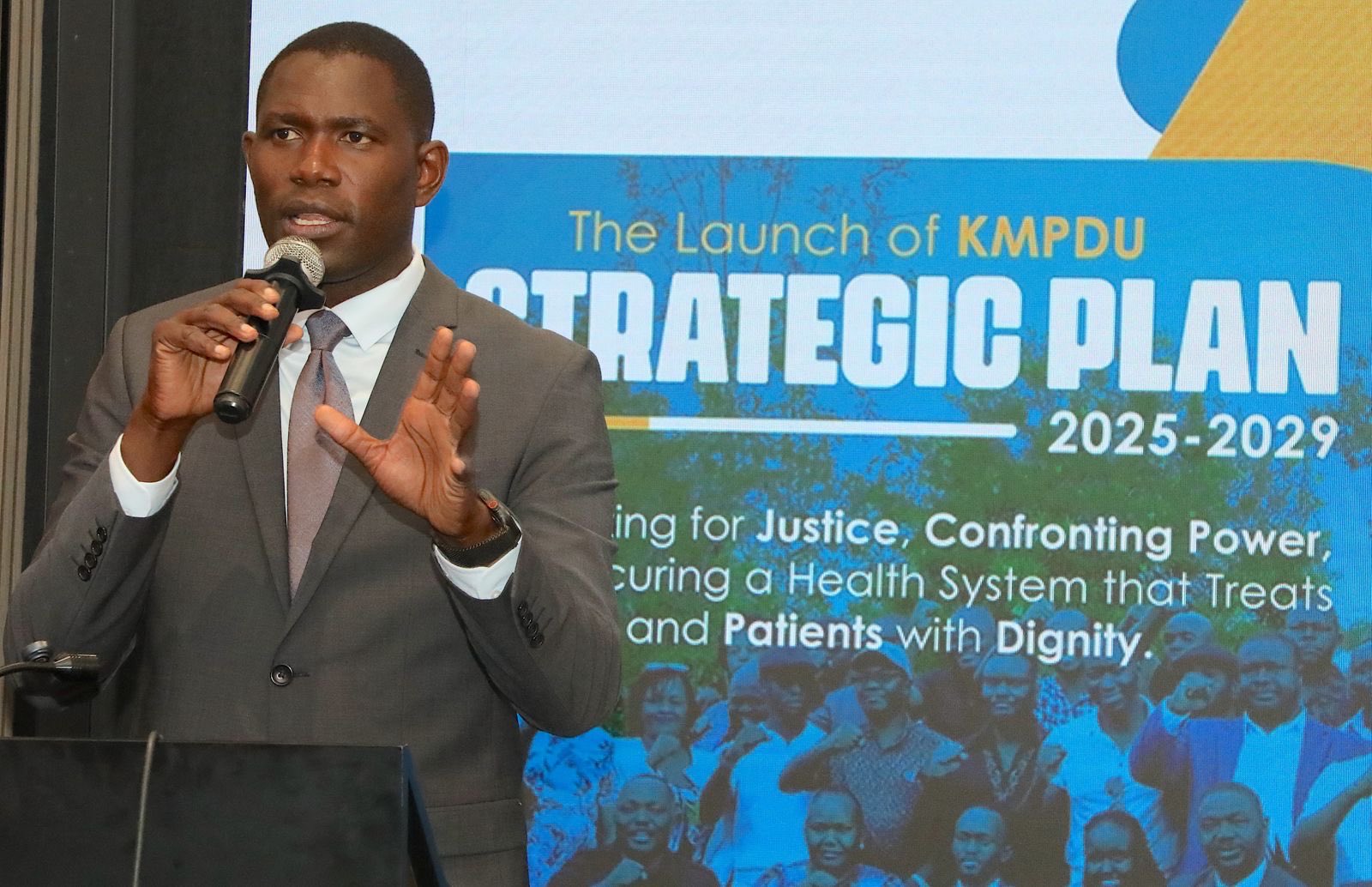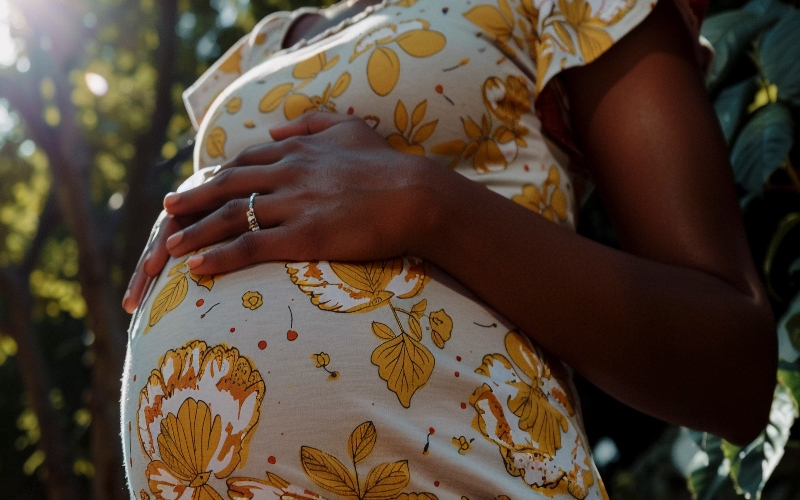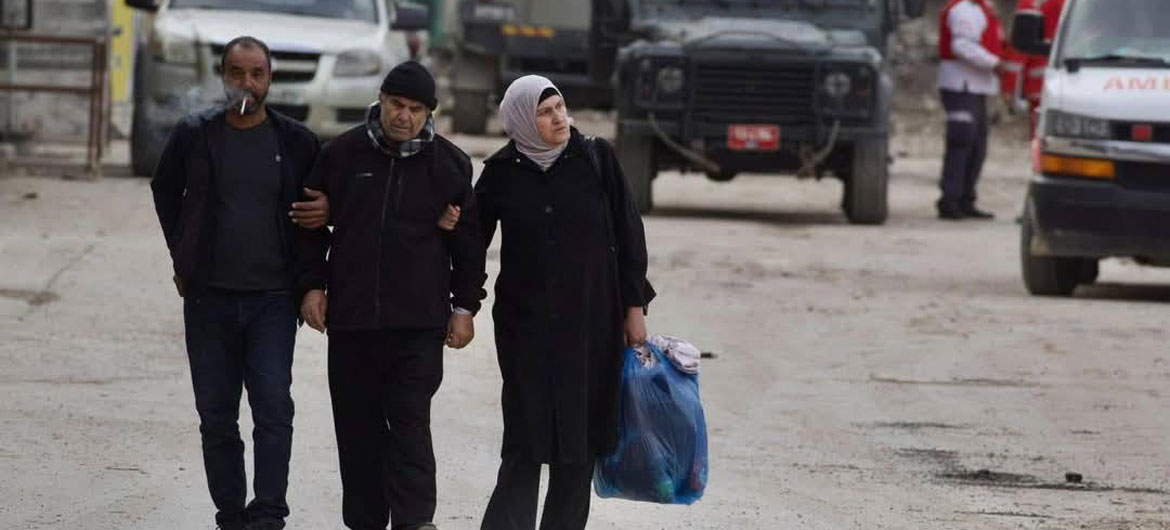Over 10 million Ethiopians face hunger as WFP warns of aid cuts amid funding crisis

WFP has warned that its life-saving operations are severely hampered by significant funding shortfalls, with 3.6 million of the most vulnerable individuals at imminent risk of losing access to food aid. This includes vital malnutrition treatment for 650,000 women and children.
Millions of Ethiopians are struggling with severe hunger, as a deepening crisis, fuelled by ongoing conflict, displacement, drought, and economic hardships, leaves more than 10 million people in urgent need of food assistance.
The World Food Programme (WFP) has raised the alarm over the situation, particularly emphasising the vulnerability of pregnant women and children, who are facing the brunt of this crisis.
More To Read
- Faith under fire: How social media fuels rising attacks on religions, followers in Ethiopia
- WFP warns of hunger crisis in Nigeria as 35 million face food shortages
- Daua Dam, irrigation masterplan gain momentum after high-level talks in Nairobi
- Kenya steps up border checks as Ethiopia confirms outbreak of Marburg Virus Disease
- Technology of freedom, risk of violence: Digital divide facing women in post-war Tigray
- Cultural victory as Ethiopia recovers 12 artefacts taken to Germany in the 1920s
WFP has warned that its life-saving operations are severely hampered by significant funding shortfalls, with 3.6 million of the most vulnerable individuals at imminent risk of losing access to food aid. This includes vital malnutrition treatment for 650,000 women and children.
“The organisation’s life-saving response has been severely hampered by critical funding shortfalls as 3.6 million of the most vulnerable are at imminent risk of losing food assistance, including malnutrition treatment for 650,000 women and children,” stated WHP in a statement.
"Without immediate additional funding, 3.6 million of Ethiopia's most at-risk individuals will no longer receive vital food and nutrition support in the coming weeks," WFP warned, adding that due to a funding shortage, it will be forced to stop malnutrition treatment for 650,000 women and children in May.
WFP noted that malnutrition rates in the country have reached alarming levels, with over 4.4 million pregnant and breastfeeding women and children in desperate need of urgent care.
Child wasting
The crisis is particularly dire in several regions of Ethiopia. WFP reported that in Somali, Oromia, Tigray and Afar, child wasting has surpassed the 15 per cent emergency threshold, signalling the severity of the situation.
In addition, more than three million Ethiopians have been displaced due to conflict and extreme weather conditions, adding to the already dire food insecurity.
The humanitarian crisis is compounded by the ongoing conflict in neighbouring countries, particularly Sudan and South Sudan, which is driving more refugees into Ethiopia.
WFP also raised concerns over the forecast of poor rainfall in south eastern Ethiopia, which could trigger another drought in the Somali region. Families in this area are still struggling to recover from the devastating effects of the 2020-2023 drought, the country’s longest on record.
WFP reported that it provided food and nutrition assistance to over three million people in the first quarter of 2025, delivering 80 per cent rations to displaced and severely food-insecure Ethiopians, as well as 60 per cent rations to up to one million refugees.
School meals
The organisation also treated 740,000 children and pregnant or breastfeeding women for malnutrition and provided 50,000 families with fresh food vouchers. Additionally, WFP is offering daily school meals to 470,000 children each month, including 70,000 children from refugee communities, and is helping communities in drought-prone areas protect their livelihoods by providing early warning messages and cash transfers to over 200,000 people.
Despite these efforts, WFP faces significant access challenges in Ethiopia.
Ongoing violence and insecurity in the Amhara region are disrupting its operations, threatening the ability to reach over half a million vulnerable people.
“Ongoing violence and insecurity in Amhara are disrupting WFP’s humanitarian operations, threatening our ability to reach over half a million vulnerable people in the region. Criminal activities such as car hijacking, threats, and theft are on the rise and pose serious risks to staff safety and impact the delivery of life-saving assistance.”
WFP is urging for urgent new funding to continue its operations.
Furthermore, WFP warned that without new funding, cash and in-kind food assistance for up to one million refugees will stop in June.
Despite the generous contributions of various governments and individual donors, the organisation still faces a funding shortfall of $222 million for the period between April and September 2025.
Top Stories Today















































